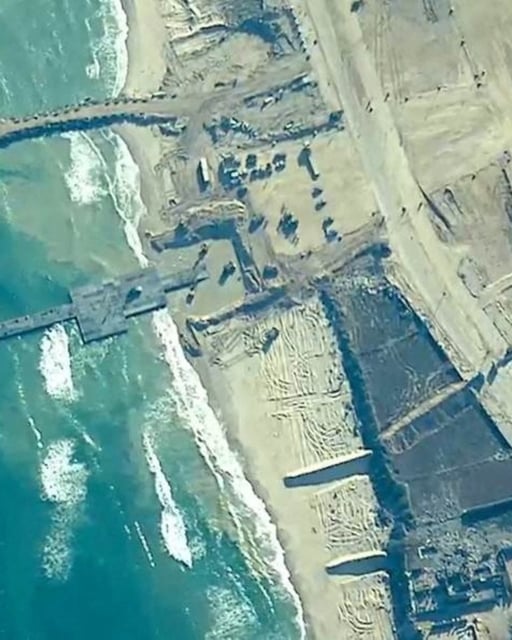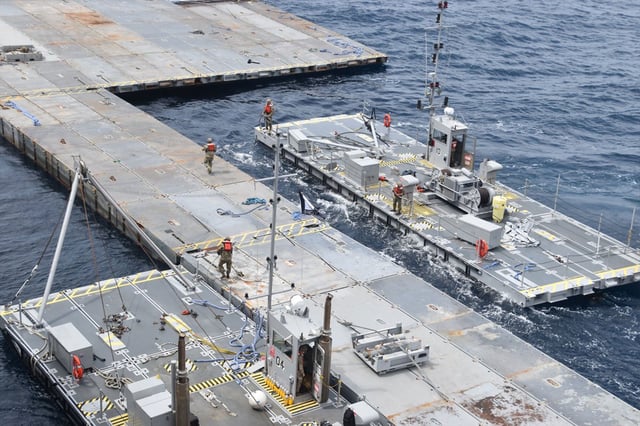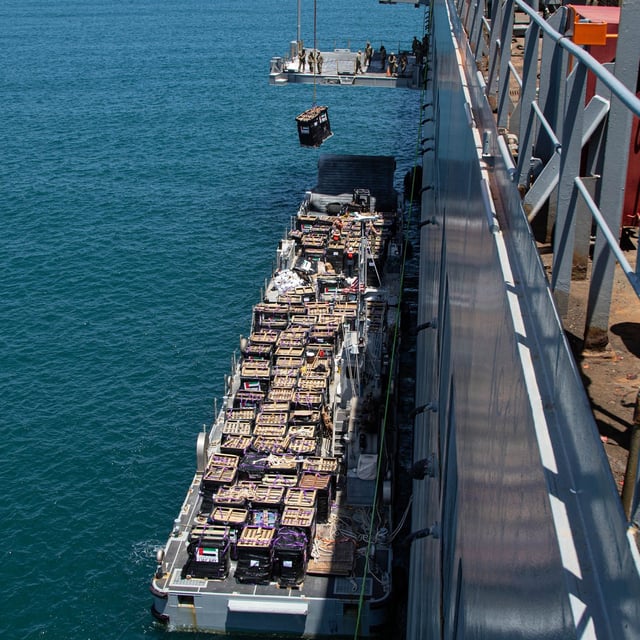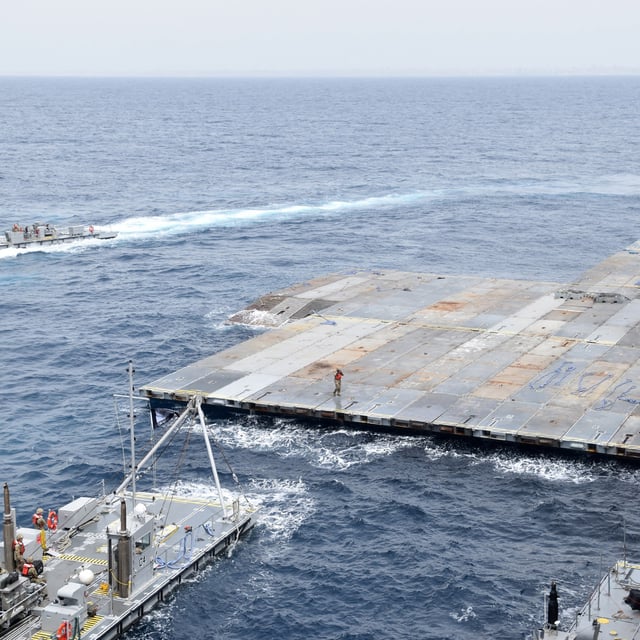Overview
- Israeli forces have escalated attacks in northern Gaza, displacing over 100,000 people and worsening the humanitarian crisis.
- The World Health Organization reports that medical supplies have been blocked from entering Gaza for over 10 days, endangering hospital operations.
- A US-built temporary pier has begun delivering aid, but officials stress it cannot replace the need for land crossings to be opened.
- International volunteer doctors are trapped in Gaza hospitals, unable to leave due to the closure of the Rafah border crossing.
- The Israeli military has recovered the bodies of three hostages taken during the October 7 Hamas attack, but skepticism remains from Hamas.



